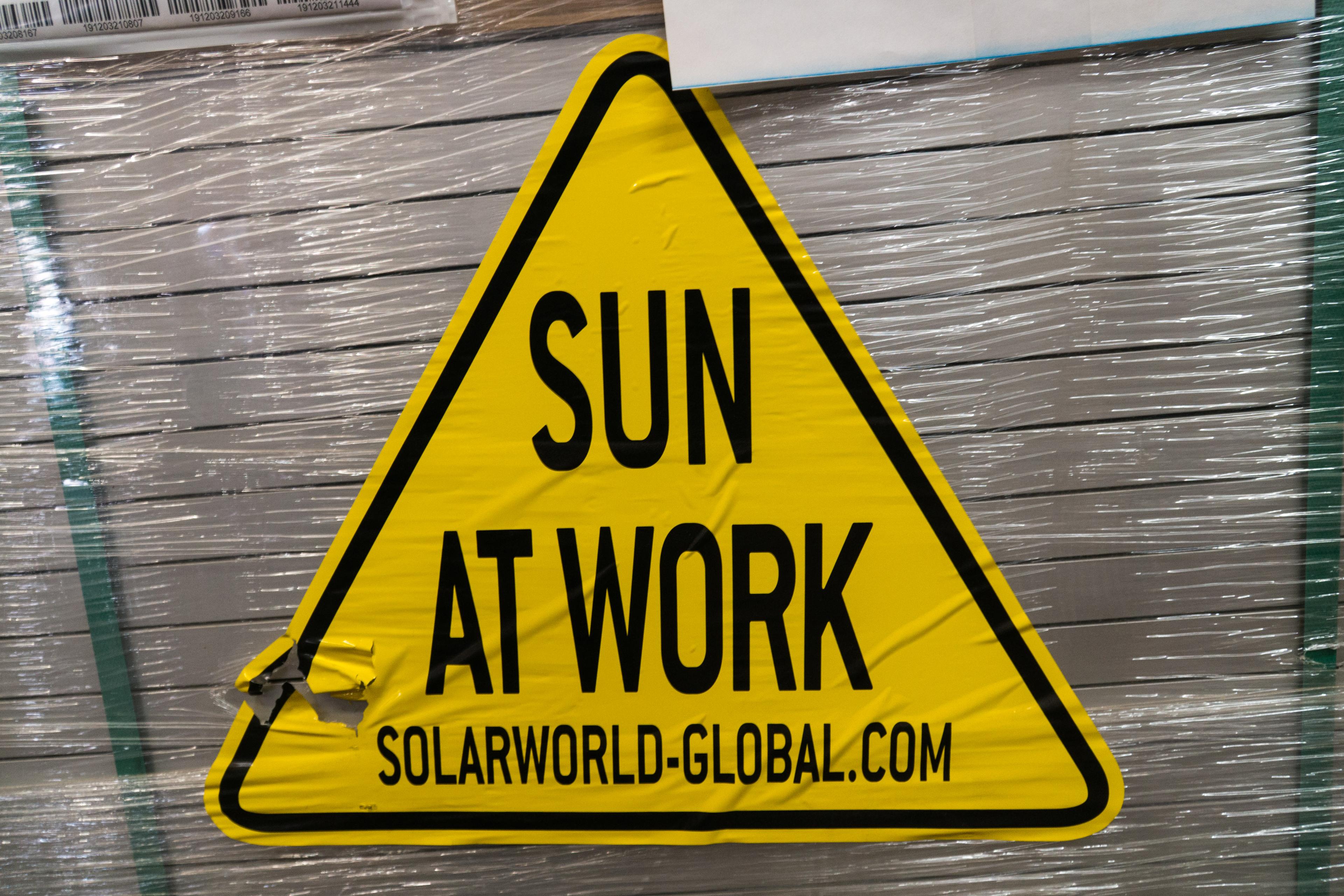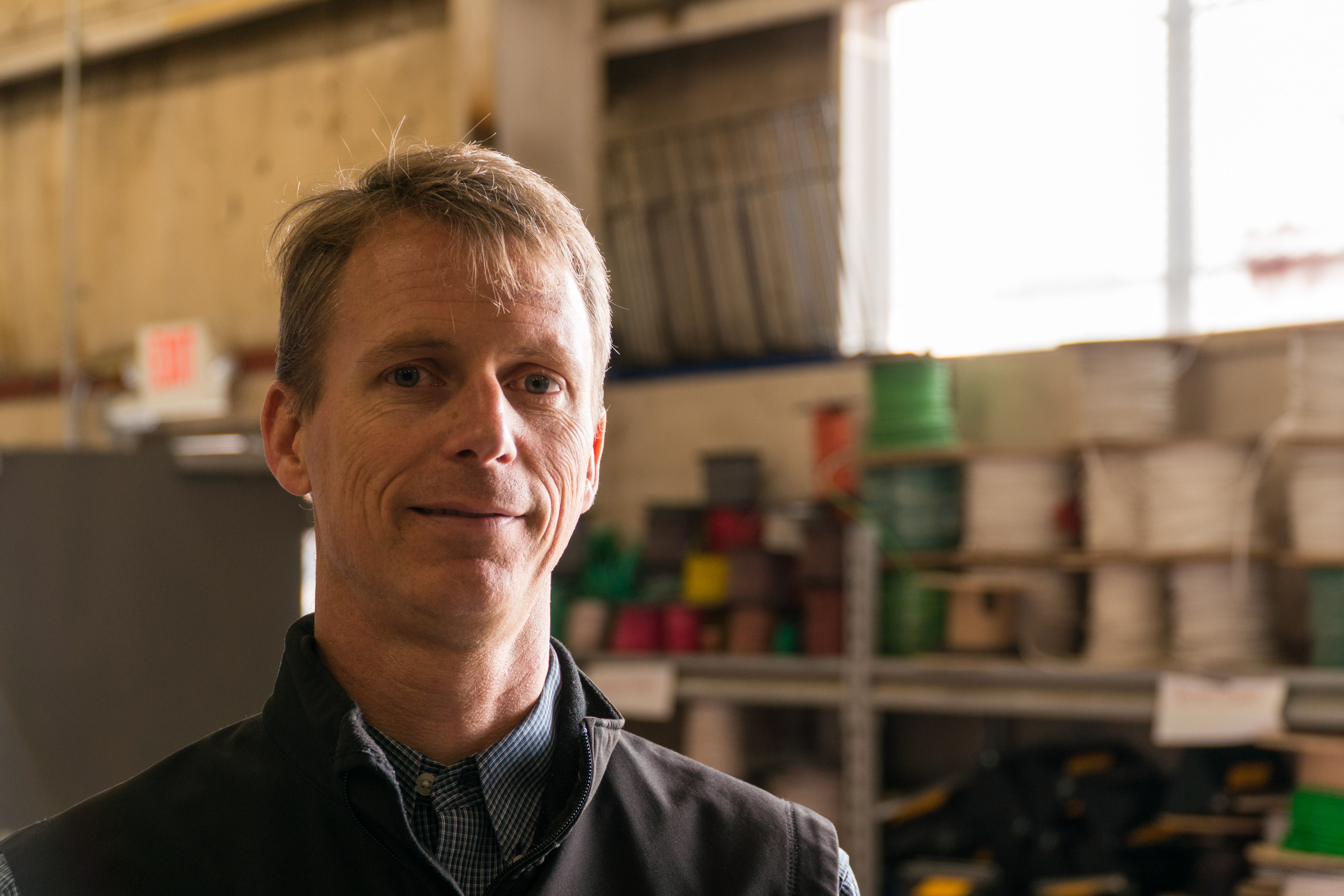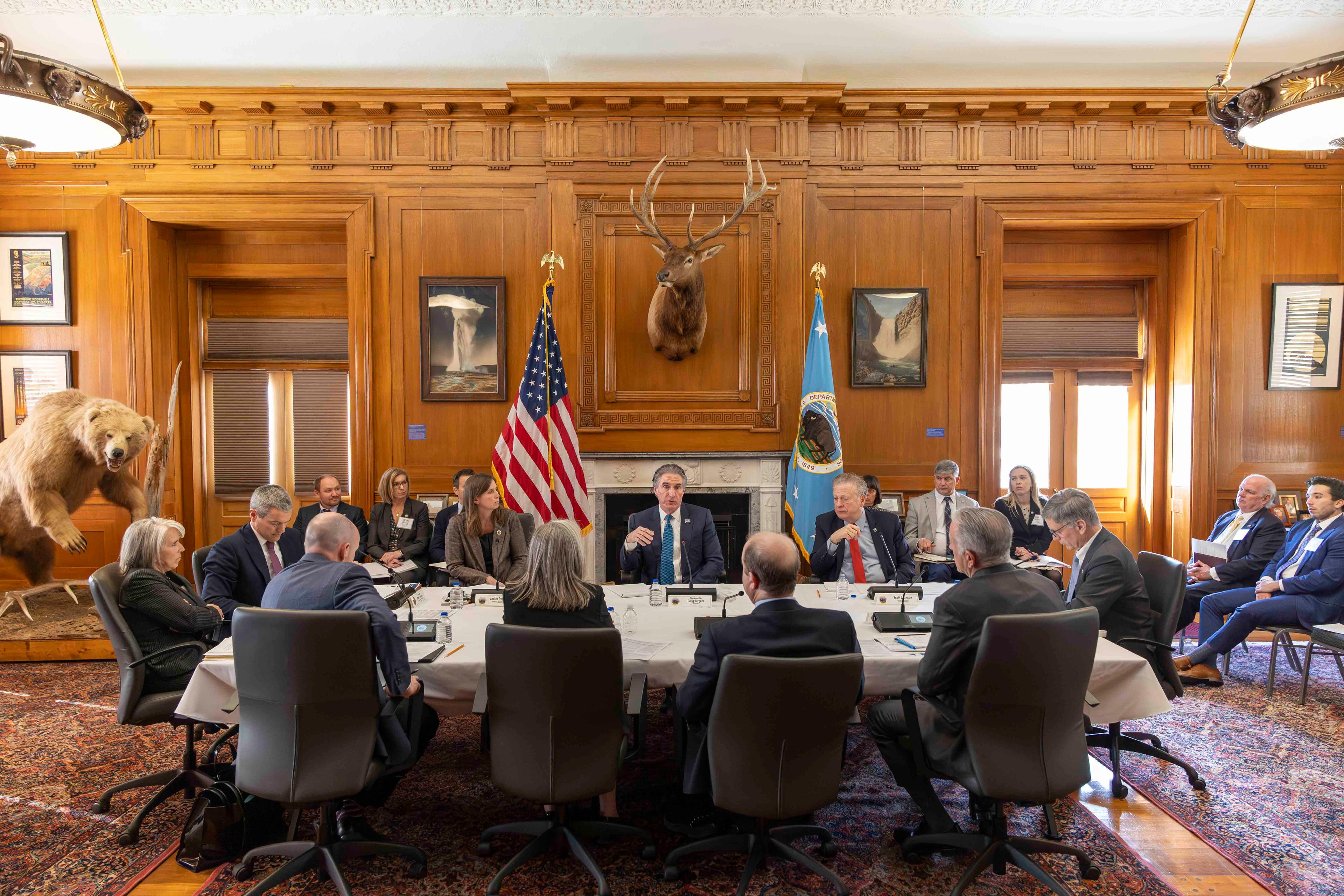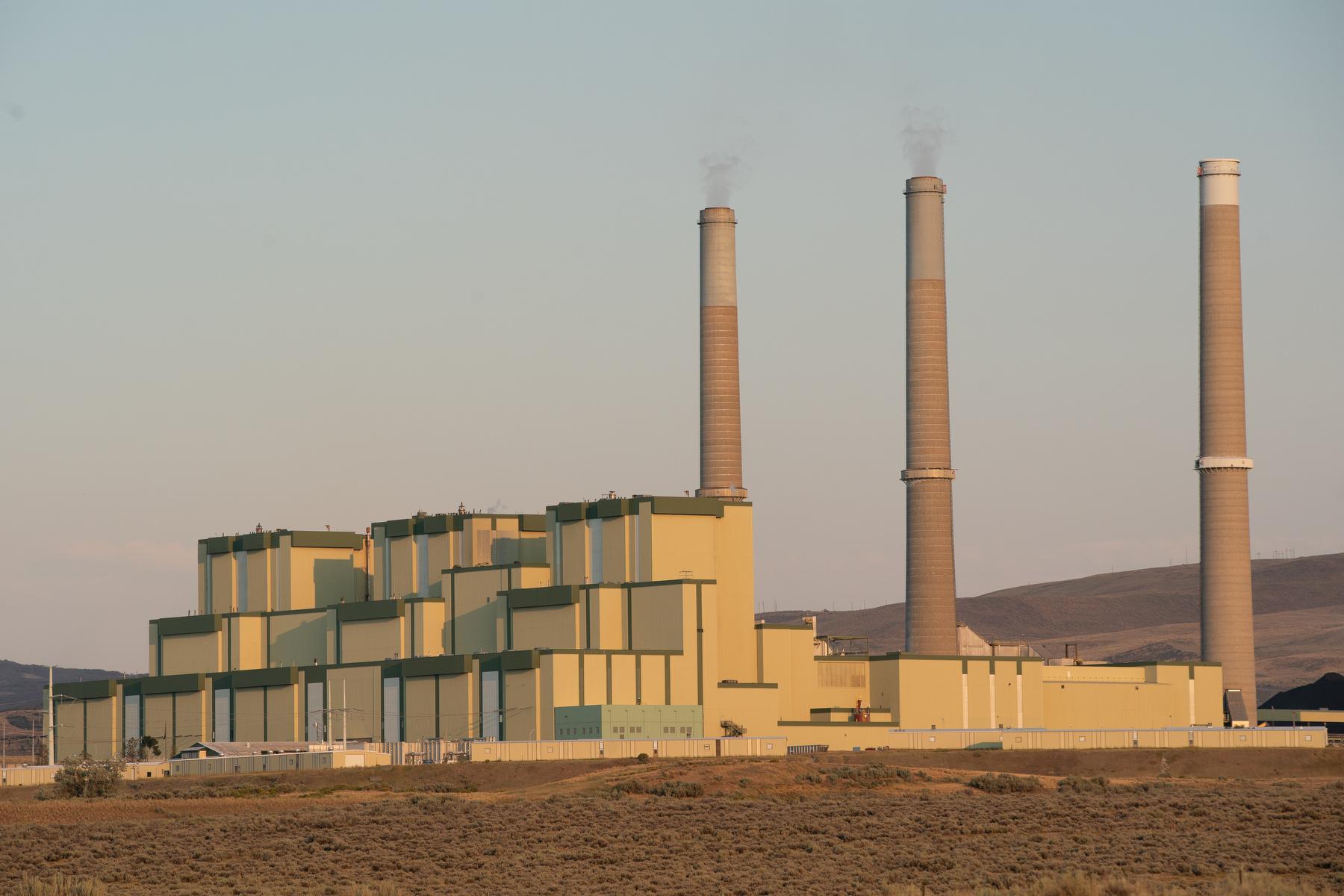

A trade case sparked by a decision from the U.S. International Trade Commission in Washington D.C. has put a cloud over Colorado’s booming solar industry.
The ITC’s move to uphold a complaint from two manufacturers has opened the door for the Trump administration to possibly erect trade barriers on solar panel imports. That, in turn, is driving up the cost of panels in Colorado.
“I can’t overstate how crazy and chaotic things are in the industry right now,” said Blake Jones, co-founder of Boulder-based Namaste Solar.
It’s chaotic because companies don’t have certainty about the future cost of panels. Namaste has grown dramatically in recent years, expanding outside Colorado to California and New York.

Rebecca Cantwell of the Colorado Solar Energy Industries Association said they’ve never seen anything like this, with a few U.S. solar panel manufacturers now pitted against the remainder of the industry. Domestic panel makers want imports to cost more, providing protection for their products. That could hurt the rest of the industry which has grown because of — and grown accustomed to — cheaper goods manufactured in South Korea, Malaysia and Mexico.
One Oregon company supports the trade case and wants import taxes to level its playing field. Tim Brightbill, who represents SolarWorld, said a surge of foreign panels has put more than 30 U.S. solar cell and module manufacturers out of business in the last five years.
“These remedies would help strengthen the industry not only bring it back to where it was, but make it a world leader for decades to come,” Brightbill said.
So why is most of the American solar industry taking a stand against the trade case (The two U.S. firms that initiated the case are subsidiaries of foreign-based companies), the tariffs on imported panels and other companies like SolarWorld? It’s because the bulk of the domestic solar industry focuses on everything but making black shiny slabs of solar cells. They make the wires, electrical equipment and racking. They install large systems for municipalities or utility companies and smaller systems on household roofs.
It’s those large-scale projects that stand to lose the most right now. John Hereford at Oak Leaf Energy Partners said he hasn’t closed many deals on projects past December — just when a tariff decision could kick up prices.
“[Customers are] putting projects on hold,” he said. “And that’s happening here in Colorado right now.”

Small price increases of just a few cents more for a panel can make or break a deal for a large project. Solar has made progress over natural gas because prices are competitive. Hereford worries that dynamic will shift with new tariffs and higher prices.
“So I think we’re looking at an existential threat to the industry.”
A pre-decision urgency can be seen at Namaste Solar’s Boulder warehouse. There they’re stocking up on panels imported from South Korea, Malaysia and Mexico. Blake Jones said panel prices have already gone up and that Namaste is “eating those costs. But another solar company might pass them through.” Overall business is still booming in 2017 as the company moves to a larger office to house more workers.
“We’ve been hiring this year and we are hoping to hire more people,” Jones said. “We wanted to make sure we have more space.”
Jones worries though that tariffs could change this picture.
The International Trade Commission will offer its recommendations on the trade case October 31. It has until November 13 to forward that to the president. In turn, Trump has until January 12, 2018 to review the findings and make a final decision.
What Are Your Questions?
What do you want to know about growing renewable energy across the state? Got a big idea you want us to look into? Email us at [email protected], leave your questions in the comments or tweet us @gracehood or @newscpr.
Oregon Public Broadcasting contributed to this story.








